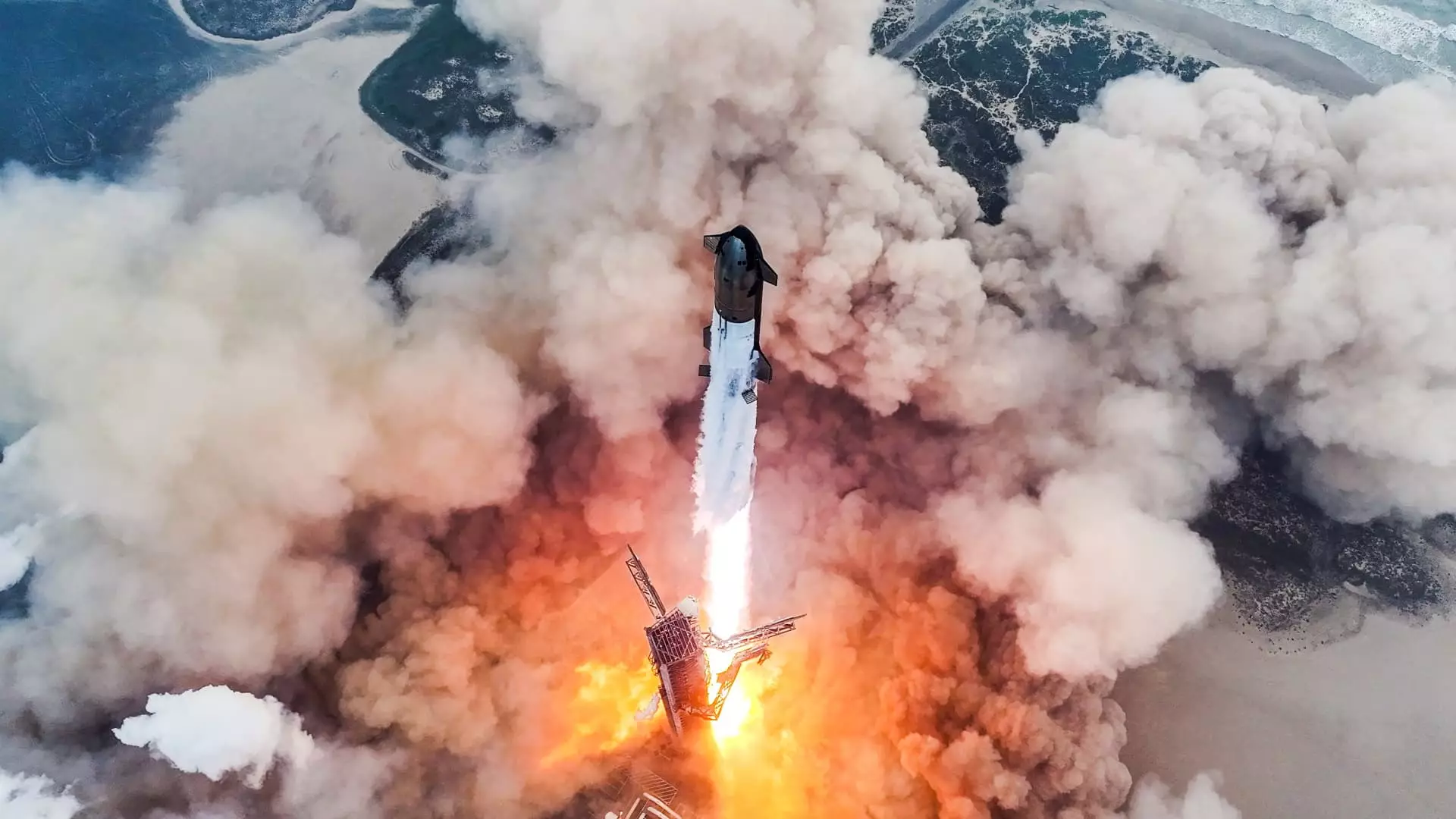Recently, SpaceX, the space exploration company founded by Elon Musk, has found itself in hot water due to repeated violations of environmental regulations in Texas. The Texas Commission on Environmental Quality (TCEQ) issued a notice of violation focused on SpaceX’s water deluge system at its Starbase launch facility in Boca Chica, Texas. This notice came after the Environmental Protection Agency (EPA) Region 6 office had previously informed SpaceX of violations of the Clean Water Act related to the same activity.
The TCEQ received multiple complaints about SpaceX’s deluge system, with allegations of unauthorized discharge of deluge water. This raised concerns about the environmental impacts of SpaceX’s activities in the area. Aerospace companies like SpaceX must comply with state and federal laws to receive approval from the Federal Aviation Administration (FAA) for future launches. SpaceX was seeking permission for up to 25 annual launches and landings at its Boca Chica facility, but the notices of violation could delay these approvals and lead to penalties and further investigations.
Despite the violation notices, SpaceX claimed that regulators had informed the company that they could continue with launch operations. The company insisted that it had been in coordination with both TCEQ and EPA and had followed their guidance. However, the regulators did not confirm SpaceX’s statement when questioned by CNBC. The EPA initiated a probe and issued a formal notice of violation to SpaceX regarding its wastewater discharges.
One of the key issues raised by environmental experts is the impact of SpaceX’s activities on the surrounding ecosystem. The water deluge system, designed to diffuse heat, sound, and energy from rocket launches, has raised concerns about industrial wastewater discharge without proper permits. Environmental groups have filed lawsuits against SpaceX and the FAA, highlighting the potential harm to endangered species and habitats in the area.
SpaceX was accused of bypassing the permitting process for its water deluge system, which would have required compliance with pollutant discharge limits and wastewater treatment measures. The company faced criticism for not addressing these concerns before proceeding with test flights of its Starship spacecraft. The rush to rebuild the launchpad and install a new deluge system raised questions about SpaceX’s compliance with environmental regulations.
The concerns raised by experts like coastal ecologist Kenneth Teague about mercury levels in the wastewater from SpaceX’s deluge system underscore the potential risks to public health and environmental safety. High concentrations of pollutants like mercury could have serious negative impacts on marine life and ecosystems in the area. The failure to address these concerns in the permit application process has drawn criticism from environmental advocates and experts.
With ongoing investigations and legal challenges, SpaceX faces a precarious situation regarding its environmental compliance and regulatory approval for future launches. The company’s response to the allegations and violations will be closely watched by environmental agencies and advocacy groups. The need to balance innovation and exploration with environmental responsibility remains a key challenge for SpaceX and other aerospace companies operating in sensitive ecosystems.


Leave a Reply